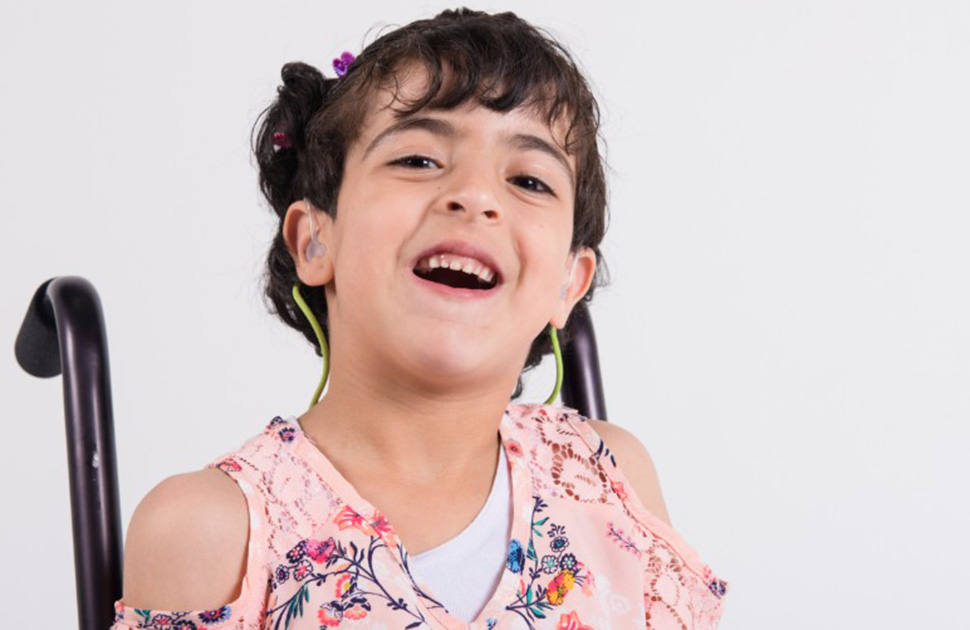OTTAWA, Canada – January 24, 2022 – A study led by CHEO researcher Dr. Tom Kovesi documenting indoor air quality and housing characteristics in four isolated First Nations communities in northwestern Ontario found frequent rates of respiratory infections in children under three years of age and that high rates of wheezing in this age group was related to poor housing conditions. The study is published in CMAJ (Canadian Medical Association Journal).
Researchers documented the extent to which many homes in Sioux Lookout Region, north of Thunder Bay, Ontario, did not meet even minimum standards and quantified the interior surface area of mould, monitored indoor air quality for 3-5 days in main living areas and conducted other detailed analyses, such as dust mite concentration and contaminants from wood smoke that could affect respiratory health.
Recent requests for Canada’s armed forces to help remote Indigenous communities with COVID-19 outbreaks, which are partly attributable to poor housing conditions – particularly reduced ventilation and over-crowding - underscore the relevancy of these findings in a broader sense.
“Without adequate ventilation, these houses are like living in a plastic bag,” said Michael McKay, Director of Housing and Infrastructure, Nishnawbe Aski Nation, and a study author.
“Centuries of assimilation tactics, colonialism, and systemic racism have created structural barriers including employment, education, economic and housing inadequacies,” wrote McKay along with Dr. Kovesi, a pediatric respirologist and principal investigator at the CHEO Research Institute, and professor, University of Ottawa, and the other coauthors.
“Inequalities and underfunding have resulted in houses that are poorly constructed and of insufficient size, with inadequate funding for maintenance and upkeep,” said Dr. Kovesi.
Researchers found high levels of interior surface area of mould and high levels of endotoxin (the residue of certain bacteria), which is associated with wheeze. Eighty-five percent of the houses lacked controlled ventilation, over half had damaged windows, 44% showed water penetration in exterior walls, and 6% had immediate safety issues. Twenty-one percent of the children in the study were admitted to hospital during the first 2 years of life and 25% of the children were medically evacuated for respiratory illness. Wheezing with colds was seen in more than one-third (39%) of children, although only 4% were diagnosed with asthma.
The study was conducted in partnership with the Sioux Lookout Meno Ya Win Health Centre, Sioux Lookout First Nations Health Authority and the Nishnawbe Aski Nation.
The authors urge action on improving housing and infrastructure in communities to benefit the overall health of First Nations peoples.
“Increased housing stock appropriate for local geographic, climatic, and cultural needs should be matched to solutions that are First Nations led and governed. Economic opportunity, elimination of food insecurity, and potable water will allow communities and residents to apply more resources to the upkeep of existing houses,” they conclude.
“Respiratory Morbidity in Indigenous Children in Relation to Housing Conditions in Remote Communities in Northwestern Ontario, Canada” was published January 24, 2022 in the Canadian Medical Association Journal .
This study was funded by Health Canada and Indigenous Services Canada.
Reference
Thomas Kovesi MD, Gary Mallach MSc, Yoko Schreiber MD, Michael McKay, Gail Lawlor BES, Nick Barrowman PhD, Anne Tsampalieros MD, Ryan Kulka BEng, Ariel Root MSc, Len Kelly MD, Michael Kirlew MD, J. David Miller PhD. Housing conditions and respiratory morbidity in Indigenous children in remote communities in Northwestern Ontario, Canada, Canadian Medical Association Journal, Published: January 24, 2022. doi: 10.1503/cmaj.202465
Media contact:
Jennifer Ruff
Manager of Communications
CHEO Research Institute
(613) 261-3979
jruff@cheo.on.ca
About the CHEO Research Institute
The CHEO Research Institute coordinates the research activities of CHEO and is affiliated with the University of Ottawa. The seven programs of research at CHEO RI focus on a full spectrum of pediatric topics. Key themes include cancer, diabetes, obesity, mental health, emergency medicine, musculoskeletal health, electronic health information and privacy, and genetics of rare disease. At the CHEO Research Institute, discoveries inspire the best life for every child and youth. For more information, visit cheoresearch.ca.





